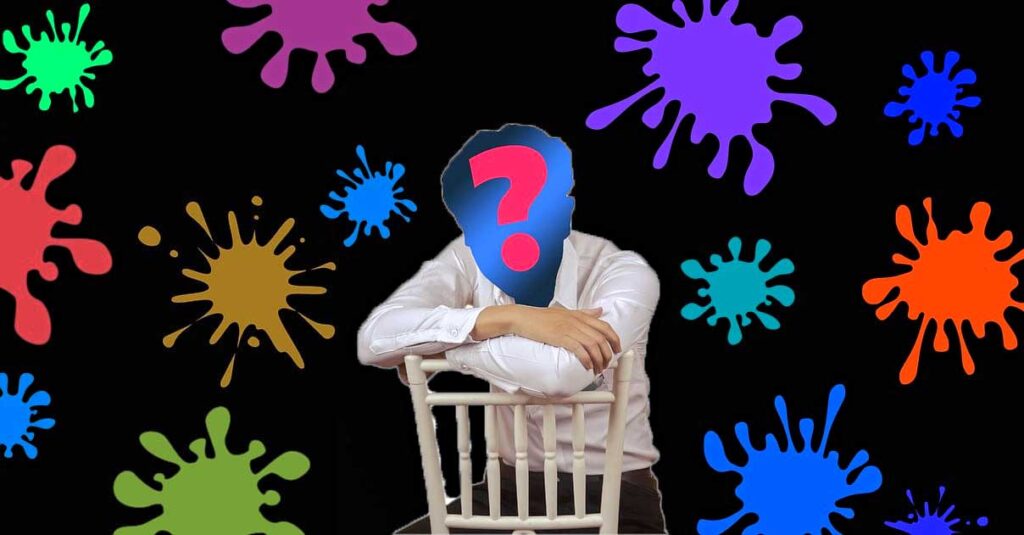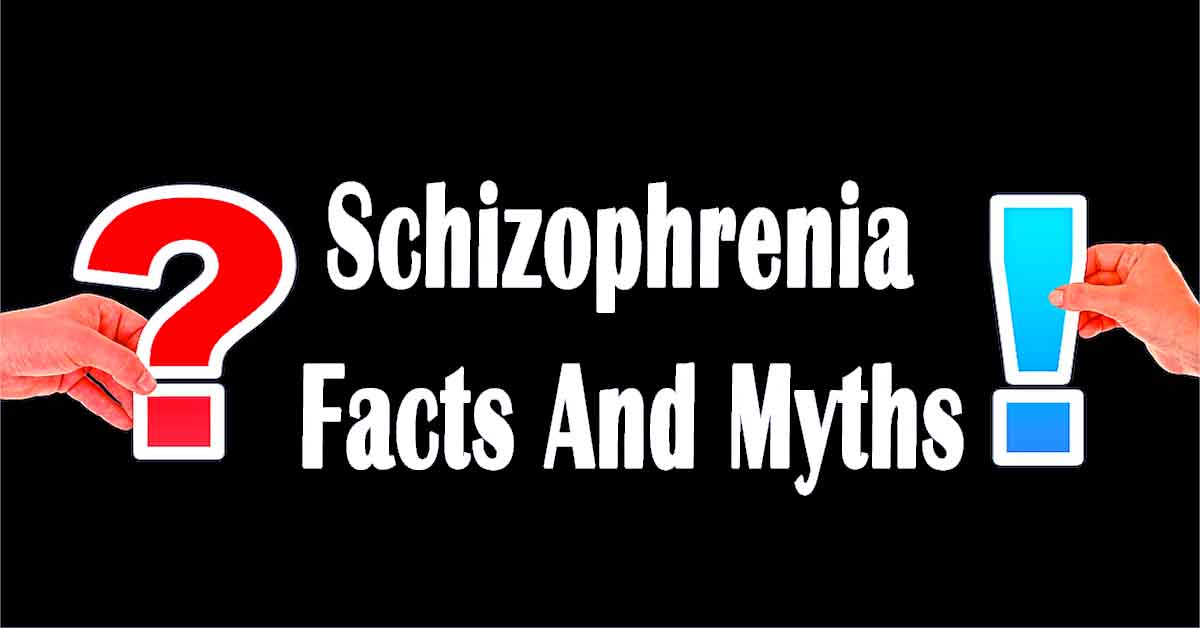Schizophrenia Facts and Myths
Schizophrenia Facts:
Schizophrenia is a Brain Disorder:
Fact: Schizophrenia is a complex brain disorder that affects how a person thinks, feels, and behaves. It involves a combination of genetic, biological, and environmental factors.
Symptoms Vary Widely:
Fact: Symptoms of schizophrenia can vary widely and are categorized into positive (hallucinations, delusions), negative (social withdrawal, lack of motivation), and cognitive (disorganized thinking) symptoms.
Onset Can Occur in Early Adulthood:
Fact: Schizophrenia often manifests in early adulthood, typically between the ages of 15 and 35, but it can occur at any age.
Treatment Is Available:
Fact: While there is no cure, schizophrenia is treatable. Medications, therapy, and support services help manage symptoms and improve the quality of life for individuals with schizophrenia.
High Genetic Component:
Fact: Genetics plays a significant role in the development of schizophrenia. If one identical twin has schizophrenia, there is a 50% chance the other twin will develop the disorder.
Prevalence Worldwide:
Fact: Schizophrenia is a globally recognized mental health condition, affecting about 20 million people worldwide. It cuts across cultural, ethnic, and socioeconomic boundaries.
Impact on Families:
Fact: Schizophrenia has a profound impact on families. Providing support and understanding is crucial for both individuals with schizophrenia and their loved ones.
Environmental Triggers:
Fact: Environmental factors, such as exposure to viruses during pregnancy, malnutrition, and high stress levels, may contribute to the development of schizophrenia in genetically predisposed individuals.
Different Subtypes:
Fact: Schizophrenia has various subtypes, including paranoid, disorganized, catatonic, and residual. Each subtype presents with unique symptom patterns.
Challenges in Daily Functioning:
Fact: Individuals with schizophrenia may face challenges in daily functioning, including difficulties in maintaining employment, forming relationships, and managing self-care.

Schizophrenia Myths
Split Personality:
Myth: Schizophrenia is often mistaken for split personality or multiple personalities. In reality, it has nothing to do with having multiple personalities.
Violence is Inevitable:
Myth: While the media may portray individuals with schizophrenia as violent, the majority pose no threat. Schizophrenia increases the risk of being a victim of violence rather than an aggressor.
Intellectual Disability:
Myth: Schizophrenia does not equate to intellectual disability. Many people who suffer from schizophrenia are intelligent, either above average, or average.
Only About Hallucinations:
Myth: Schizophrenia is not solely about hallucinations. It encompasses a range of symptoms, including social withdrawal, disorganized thinking, and lack of motivation.
Untreatable Condition:
Myth: While there is no cure, schizophrenia is treatable with medications and therapy. People with schizophrenia can have happy, fulfilling lives if they receive the right care.
All Hallucinations are Terrifying:
Myth: While hallucinations are common in schizophrenia, they aren’t always frightening. Some individuals experience neutral or even positive hallucinations.
No Hope for Recovery:
Myth: With early intervention, proper treatment, and ongoing support, many individuals with schizophrenia can lead fulfilling lives and achieve significant recovery.
Lack of Empathy:
Myth: Contrary to the belief that individuals with schizophrenia lack empathy, many are highly empathetic. Social difficulties often arise from symptoms like social withdrawal, not a lack of empathy.
A Lifetime in Institutions:
Myth: With appropriate treatment and support, many individuals with schizophrenia live independently or with assistance. The idea of a lifetime spent in institutions is outdated and inaccurate.
One Size Fits All Treatment:
Myth: Treatment for schizophrenia is not one-size-fits-all. It requires an individualized approach, considering the unique symptoms and needs of each person.

FAQs(Schizophrenia Facts and Myths)
Q: What is schizophrenia?
A: Schizophrenia is a complex mental health disorder affecting thinking, emotions, and behavior. It often involves hallucinations, delusions, and disorganized thinking.
Q: Is schizophrenia the same as having multiple personalities?
A: No, schizophrenia and multiple personality disorder are distinct. Schizophrenia is characterized by disrupted thinking, while multiple personality disorder, now known as dissociative identity disorder, involves distinct identities.
Q: Can schizophrenia be cured?
A: While there is no cure, schizophrenia is treatable. Medications, therapy, and support services help manage symptoms and improve the quality of life.
Q: Are individuals with schizophrenia violent?
A: Most individuals with schizophrenia are not violent. Compared to perpetrators, they are more likely to be the victims of violence. Media often perpetuates the misconception of a direct link between schizophrenia and violence.
Q: Does schizophrenia equate to intellectual disability?
A: No, schizophrenia does not imply intellectual disability. Many people who suffer from schizophrenia are intelligent, either above average, or average.
Q: At what age does schizophrenia typically onset?
A: Schizophrenia often manifests in early adulthood, typically between the ages of 15 and 35. Onset, though, can happen at any age.
Q: Can environmental factors contribute to schizophrenia?
A: Yes, environmental factors such as viral infections during pregnancy, malnutrition, and high stress levels may contribute to the development of schizophrenia in genetically predisposed individuals.
Q: Is schizophrenia the result of a split personality?
A: No, schizophrenia is not related to split personality. It involves disturbances in thought processes, perception, and emotions.
Q: Can individuals with schizophrenia lead fulfilling lives?
A: With proper treatment, support, and understanding, many individuals with schizophrenia can lead fulfilling lives and achieve significant recovery.
Q: Are all hallucinations in schizophrenia terrifying?
A: No, hallucinations in schizophrenia can vary. Some individuals may experience neutral or even positive hallucinations.
Schizophrenia Facts and Myths
Suggested Posts:
- Schizophrenia Facts and Myths by WebMD

